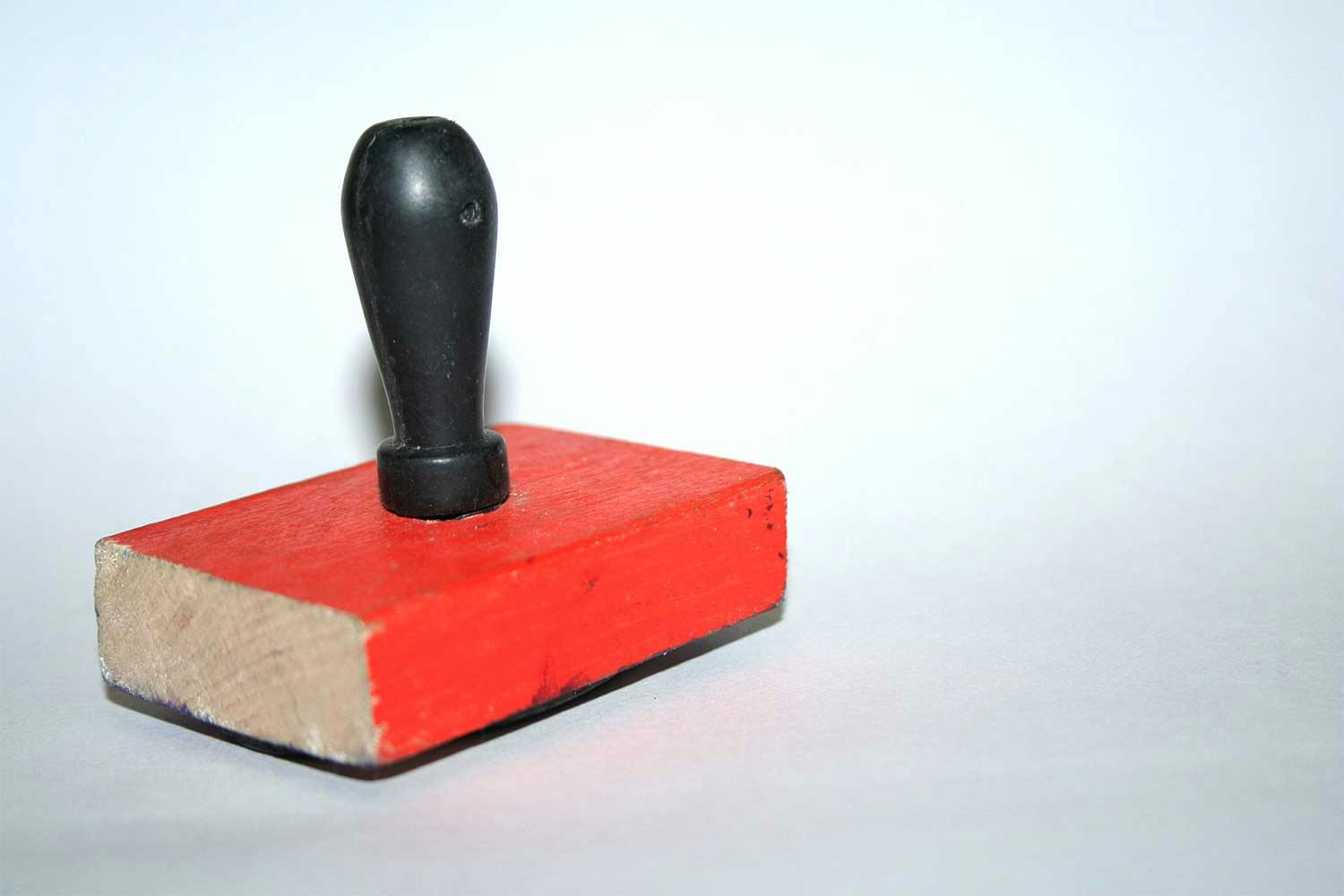In Ecolabels we Trust?
Two recent investigations cast serious doubt on the value of sustainability certification programs.
I was particularly pleased with myself a few months ago, when an idea for an Asparagus department popped into my head: Know Logo would be a regular examination of the meanings of individual ecolabels and their reliability, making supermarket trips easier for green-minded shoppers, one logo at a time. The idea still brings a smile to my face (not least because the name is both a pun and a Naomi Klein reference), but a couple of recent articles made me question the validity of the entire exercise.
The first was Raina Delisle’s “The Ecolabel Fable” for Hakai Magazine, examining problems specifically with the Ocean Wise sustainable seafood program, and also delving into issues affecting other sustainable seafood certification schemes. The second was Richard Conniff’s “Greenwashed Timber: How Sustainable Forest Certification Has Failed,” a deep dive into criticisms of the Forest Stewardship Council (FSC) and its certification program.
As someone who has put stock in both the Ocean Wise and FSC labels, these articles were sobering. While the issues affecting the two programs aren’t identical, there are certainly areas of overlap:
- Misuse of ecolabels, by both unaffiliated organizations and certified partners
- Lack of resources or will to effectively police improper ecolabel use
- Industry in-fighting between different certification standards, which, while it can certainly raise valid concerns, also tends to devalue all ecolabel schemes by creating doubt among consumers
- Failure to meaningfully mitigate the environmental crises the certification schemes were meant to address.
Both articles are exhaustively researched and well written, so I’m not going to summarize and rehash them here; I hope you’ll find a few minutes to read them yourself. I will share one of Delisle’s paragraphs with you, though, as I had similar feelings after reading her piece and Conniff’s:
Over the months of investigating the real meaning behind ecolabels, I’ve lost faith in them. I appreciate how all those eye-catching fish stamps have created a huge amount of awareness about sustainable seafood, which we need now more than ever as climate change, pollution, and overfishing threaten our oceans and our bouillabaisse. Ecolabels have helped engage consumers in sustainable seafood by giving us the opportunity to vote with our wallets. The irony is that in doing so, they have branded and commodified sustainability, creating competition in the ecolabel market and driving down standards as programs seek to capture more market share.
So what do we do if we can’t rely on ecolabels? If all my hypothetical Know Logo columns can be summarized as “you can’t judge a book by its FSC-certified cover”? Both Delisle and Conniff write about government regulations, and how ultimately the impacts companies are allowed to have on our environment need to be determined by them, rather than by voluntary, market-driven labelling schemes. In the age of Trump and Pruitt’s toothless EPA — and, for that matter, greenwasher-in-chief Trudeau’s administration — it’s important for the eco-minded to keep pressuring governments to take the lead in protecting our planet; time and again industry shows itself incapable of self-policing in the public interest.
And while this strategy won’t help for products that have lengthy supply chains like timber, at least in the case of seafood, buying from local, small-scale producers can be a way of personally checking that a source is meeting the recommendations of programs like Ocean Wise, without relying on a logo to do the work for you. Or, like Delisle, maybe more of us should look into catching our own.
Do the issues raised by these two articles mean that sustainability certification programs are utterly useless? I don’t think so. For one thing, the sustainability standards that they have defined (at least in the case of standards created through collaboration among multiple stakeholders, and not by industry alone), can help consumers and governments understand what sustainability should look like within a given industry. In the case of Ocean Wise, for instance, I might not put much stock in seeing their logo on a menu after reading Delisle’s article, but the information available on their website or app can still help me make decisions about what local seafood to buy or avoid.
For another, the failures of these programs, such as they are, really do drive home the point that voluntary certification programs alone can’t be relied upon to guide industry toward sustainability. I don’t think it was a mistake for activists, scientists, and businesses to work together and attempt to solve problems through eco-certification schemes. But I do think it’s time to stop believing they provide anywhere near sufficient protection for precious natural resources like our forests and oceans. It will take more than ecolabels to turn industry’s ship around.
